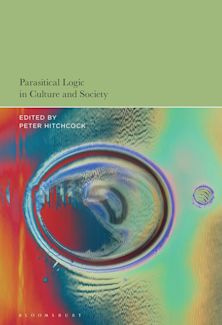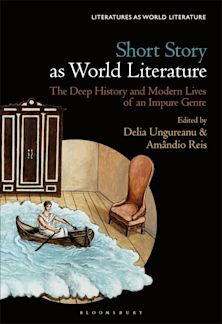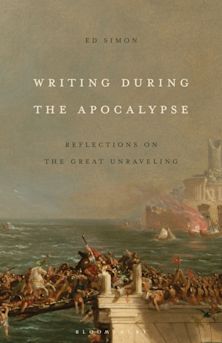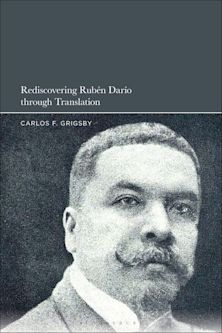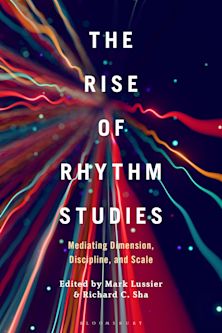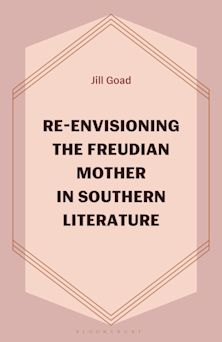- Home
- ACADEMIC
- Literary Studies
- Comparative Literature
- Thinking Nietzsche with Africana Thought
Thinking Nietzsche with Africana Thought
Towards an Alluvial Poetics of Worlding
Thinking Nietzsche with Africana Thought
Towards an Alluvial Poetics of Worlding
This product is usually dispatched within 2-4 weeks
- Delivery and returns info
-
Flat rate of $10.00 for shipping anywhere in Australia
You must sign in to add this item to your wishlist. Please sign in or create an account
Description
Michael Stern sets Nietzsche in conversation with Africana artists and philosophers to explore the role of aesthetics in decolonial worldmaking.
Nietzsche, a theorist of power, morality, and aesthetics supplies a description of a world making that also destroys. His notion of the will to power explains how particular and local interpretations spread and dominate. Stern situates Nietzsche's thought alongside those of Africana artists and thinkers who, confronted with the effects of the slave trade and colonial violence, speak to new theoretical paradigms addressing erasure and displacement and its relationship to form making.
Thinking Nietzsche with Africana Thought opens with Nietzsche's work on the human imagination and its institutionalized restrictions, written around when the Congress of Berlin divided Africa without the presence of Africans. The book ends with the Ghanian sculptor El Anatsui's understanding of temporality, form, and naming as he creates a slave memorial in a Danish setting.
Eschewing notions of hierarchal authority and keeping in mind how epistemological racism has delimited our philosophical possibilities, Michael Stern employs thought from each lineage to open the space for what Frantz Fanon calls a human with a new sense for rhythm. What emerges is a different sense for history, morality, culture, and political life.
Table of Contents
1. Forms and Rhythms
2. Rhythm, Repetition, Morality: der Mensch classifies Muntu
Part 2: Reworlding the Unworlded
3. The Poetics of Unworlding: The Experience of an Unworlded World
4. Conclusion: Moving Towards a Poetics of Reworlding–Old Wood, Driftwood, Fire; Names drawn from Water
Bibliography
Index
Product details

| Published | 04 Sep 2025 |
|---|---|
| Format | Hardback |
| Edition | 1st |
| Extent | 176 |
| ISBN | 9798765139639 |
| Imprint | Bloomsbury Academic |
| Dimensions | 216 x 140 mm |
| Series | New Directions in German Studies |
| Publisher | Bloomsbury Publishing |
About the contributors

ONLINE RESOURCES
Bloomsbury Collections
This book is available on Bloomsbury Collections where your library has access.




















